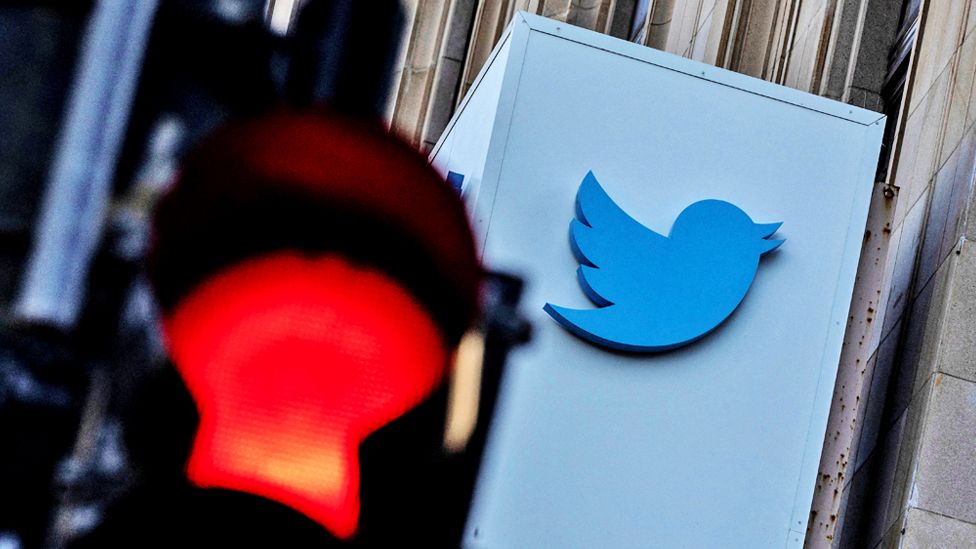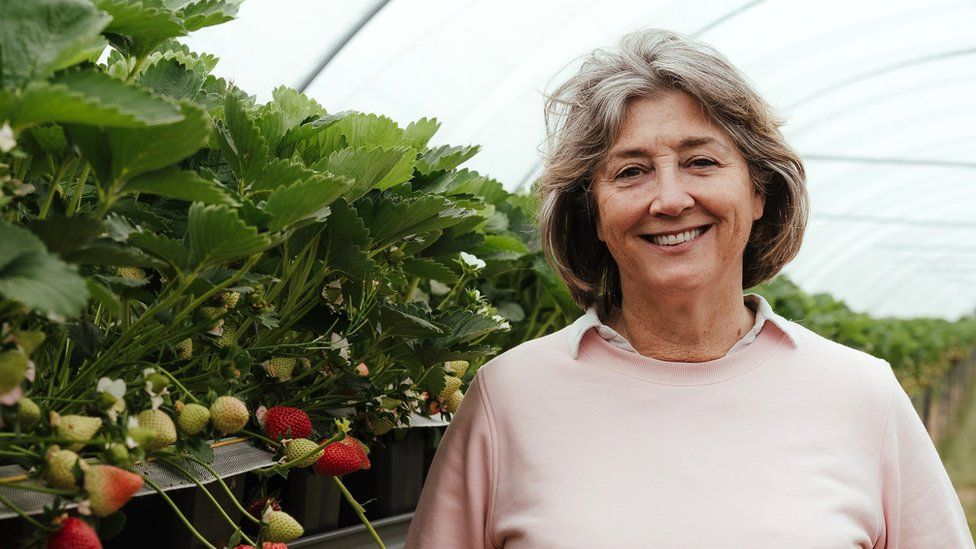The government maintains that updated internet safety laws will better protect children online, despite privacy concerns.
According to the Online Safety Bill, services that distribute or permit pornographic content must verify the users' ages.
But according to digital rights organizations, the tools and the methods used to collect people's data are not transparent.
No piece of legislation will ever be perfect, but according to technology minister Paul Scully, it is "flexible.".
User-to-user platforms that permit pornographic content will be required to implement age-checking technologies that are "highly effective" in determining whether a user is a child or not, such as determining a user's age from a selfie.
Other methods include verifying official identification, checking bank statements, or using voice recognition technology, which would alert the company that the person attempting to access their service while remaining anonymous is over the age of 18.
Campaigners for digital rights do not believe that privacy will be respected.
The introduction of age assurance technology is "quite draconian," according to Dr. Monica Horten, policy manager for free speech at Open Rights Group. She claimed that the dangers associated with requiring websites to confirm the users' ages needed to be given more thought.
To determine a person's age, some of these systems employ facial recognition technology. All parents should be extremely concerned about the mass collection of children's biometric data by private companies without any governance frameworks in place.
"We have no idea how these systems operate. Who has access to our data, is it being stored, and, if so, how is it being used?" she questioned.
The bill will grant the communications watchdog Ofcom the authority to fine tech companies, block access to websites, and introduce criminal penalties for company executives who don't cooperate.
The Age Verification Providers Association's Iain Corby welcomed the requirements of the bill, but added that "before the bill is finalized, the government still needs to give the regulator better powers to enforce at scale with five million adult websites.".
Another issue that has been brought up is the possibility of discrimination against certain socioeconomic groups, who are more likely to lack official documents, if users are required to present them.
Mr. Scully refuted criticism that the legislation might prevent access to important sexual health education materials.
I want to reassure those who work in those fields that they won't suffer any negative effects from this bill, he said.
Ofcom would set the rules for determining "what is and isn't available for under-18s," Mr. Scully continued.
Research indicates that children as young as nine are exposed to online porn. By the age of 13, about half had experienced it.
Some adolescent users simply make up their birthdate to circumvent age restrictions on websites.
The majority of children, who don't look for VPNs or other ways around this, would no longer be able to almost trip over access to pornography, as is the case at the moment, according to Mr. Scully.
The UK has been debating how to safeguard users of social media, and in particular children, from harmful content without compromising free speech.
After agreeing to toughen the legislation in January with the threat of jail time for tech executives, the government announced new measures that also aim to hold top executives personally accountable for maintaining children's safety on their platforms.
Other amendments to the bill will enable regulators to obtain data on a child's social media use at the coroner's request, which will assist bereaved families in understanding any potential role played by online activity in their loved one's passing.
Sections of the Online Safety Bill that could force messaging services to break end-to-end encryption in order to search for child abuse material have drawn criticism from the tech sector, including companies like Apple.
Before the bill is put to a vote, the government declared that there would be no more amendments to that section.
The House of Lords will vote on the bill next week, which may not be passed for several months.








